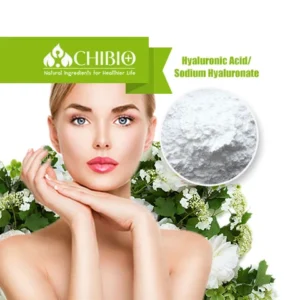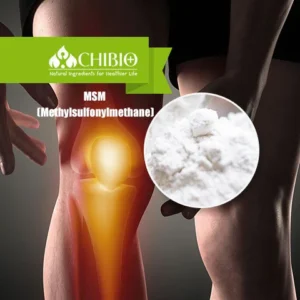Sodium Alginate/Alginate Acid
Sodium Alginate/Alginate Acid
Additional information
Product Details

Sodium alginate is the sodium salt of alginic acid, a natural polysaccharide found in brown algae. It is generally used as a stabilizer and thickener in the food industry. Sodium alginate may undergo cross-linking in the presence of divalent cations such as Ca2+ to form biodegradable stable gels, which finds applications as a material for cell encapsulation and immobilization.
Sodium Alginate (E401) is extracted from brown seaweed. It is used as a stabilizer for ice cream, yogurt, cream, and cheese. It acts as a thickener and emulsifier for salad, pudding, jam, tomato juice, and canned products. It is a hydration agent for noodles, bread, cool and frozen products. In the presence of calcium and acid mediums, it forms resilient gels. It is a cold gelling agent that needs no heat to gel. It is most commonly used with calcium lactate or calcium chloride in the spherification process.
Sodium Alginate Specification

Properties:
1. Apperance: white or light yellow powder
2. Insoluble in water, odorless and almost tasteless
3. High swell type, with swelling coefficient minimum 22

Applications: Main applications in the following list:
1. New drug PSS
PSS is manufactured taking alginic acid as main material. Medicinal study and clinical test shows that the drug has strong decentralizing blood stickness, can be used to lower blood adeps, expand bloodvessels, improve microcircul ation lower blood pressure and blood sugar etc. It is in either solution or tablets two forms. Well absorbed by injecti on or oral administration, suitable both for remedy or precaution.
2. Gastropine
The tablets are manufactured from mixing with alginic acid, aluminum hydroxide, magnesium trisilicate etc several drugs. It has the functions of neutralization gastric acidity, relief gastric spasm and stomachache, stimulating neoge nesis of mucous membrane,curing gastric ulcer, and can improve gastric function.
3. Sewage treatment
Resin like high-molecular compound, which has better adsorptive powerand stength, can be formed by reaction of calcium salt with soluble salt solution of alginic acid and phytlc acid. This kind of resin has big adsorptive capacity, high resistance against calcium and magnesium ion. Thus the resin has better effect in purifying water and long service life.
4.Food
Alginate has an excellent functionality as a thickening agent, gelling agent, emulsifier, stabilizer, texture-improver (for noodles), by improving the quality of food. Nowadays, based on its unique properties, alginate is added to numerous kinds of food, such as ice cream, jelly, acid milk drinks, dressings, instant noodles, beer, etc. FAO/WHO certifies alginate in food applications as one of the safest food additives.
5.Cosmetics
Alginate is used in several cosmetics due to its functionality as a thickener and moisture retainer. Alginate helps retain the color of lipstick on the lip surface by forming a gel-network.
6.Textile Printing
Alginate is used in the color paste substrate when applying patterns to print fabrics, scarves, towels, etc. The use of alginate in the printing of cotton, jute and rayon is a necessity. Alginate is safer and easier to decompose compared with other substrates in textile printing and gives easier waste water disposal.
application: ractive dye printing, textile printing thickener, textile dyes printing chemical.
advantage:low consumption, high colour yield, easy washing, fabric feel soft.

6.Pharmaceutical
Alginic acid is used in several pharmaceutical applications. Alginic acid is compounded into tablets to accelerate tablet disintegration for a faster release of the medicinal component. Alginate forms a gel in the highly-acidic stomach and protects the stomach mucosa.






